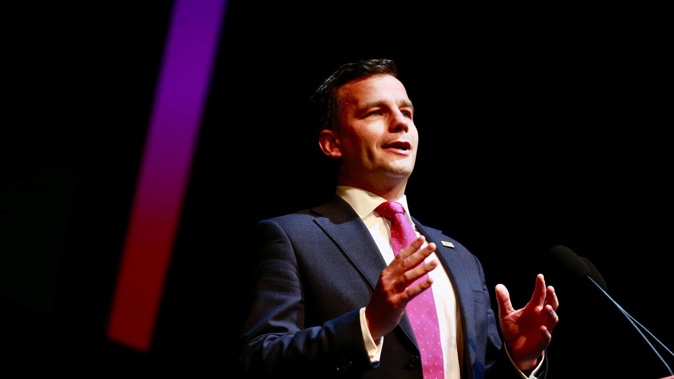
The Act party says it will use toll roads and more public-private partnerships if it is in Government after the election.
The party’s transport policy released today said the party would use toll roads to shift the funding burden for building which currently relies significantly on petrol taxes, road-user charges and funds from the core taxpayer.
“New Zealand’s roads are woeful because nearly all new roads rely on excise tax for funding and government debt for financing,” said Act leader David Seymour.
“This method of funding and financing means projects don’t get built if the Government can’t afford them, even though they may be needed and profitable.
Seymour said more toll roads would offer New Zealanders a choice between paying a toll for a new road or waiting for a publicly funded road that may never be built.
“Under a world-class toll roading system, New Zealanders will have a choice: Make use of new toll roads much sooner or wait for tax-funded roads to be delivered later or never,” Seymour said.
The party said there was enthusiasm for driving on toll roads, noting that a Waka Kotahi NZ Transport Agency report on the Northern Gateway Toll Road (NGTR) found that 80 per cent of network traffic was using the road compared with the untolled alternative.
The party policy document said it would host a “public-private partnership trade fair” in 2024.
The fair would be held to launch a draft 30-year infrastructure plan drawn up by the central Government, local government and the Infrastructure Commission.
It would set out timelines of the expected delivery of roads funded by fuel taxes, and the depreciation rates of the current network.
The draft plan and the results of public consultation on that plan would be opened up to the private sector, which could bid for the rights to deliver the infrastructure in return for the right to toll its users.
“Because the timeframes for public sector delivery would be made transparent, private bids would focus on delivering the infrastructure faster than the public sector, as well as mitigating any relevant public concerns,” the policy document said.
“Increasing the level of private-sector funding will inject much-needed discipline into decision-making while allowing the Government to maintain prudent levels of public debt. Between 2007 and 2017, more than NZ$300 billion was raised by funds globally to invest in infrastructure,” Seymour said.
“Most of that capital was raised from insurance companies, pension funds, and sovereign wealth funds (including our own New Zealand Super Fund) looking for long-term investments with reasonable returns.”
Take your Radio, Podcasts and Music with you









